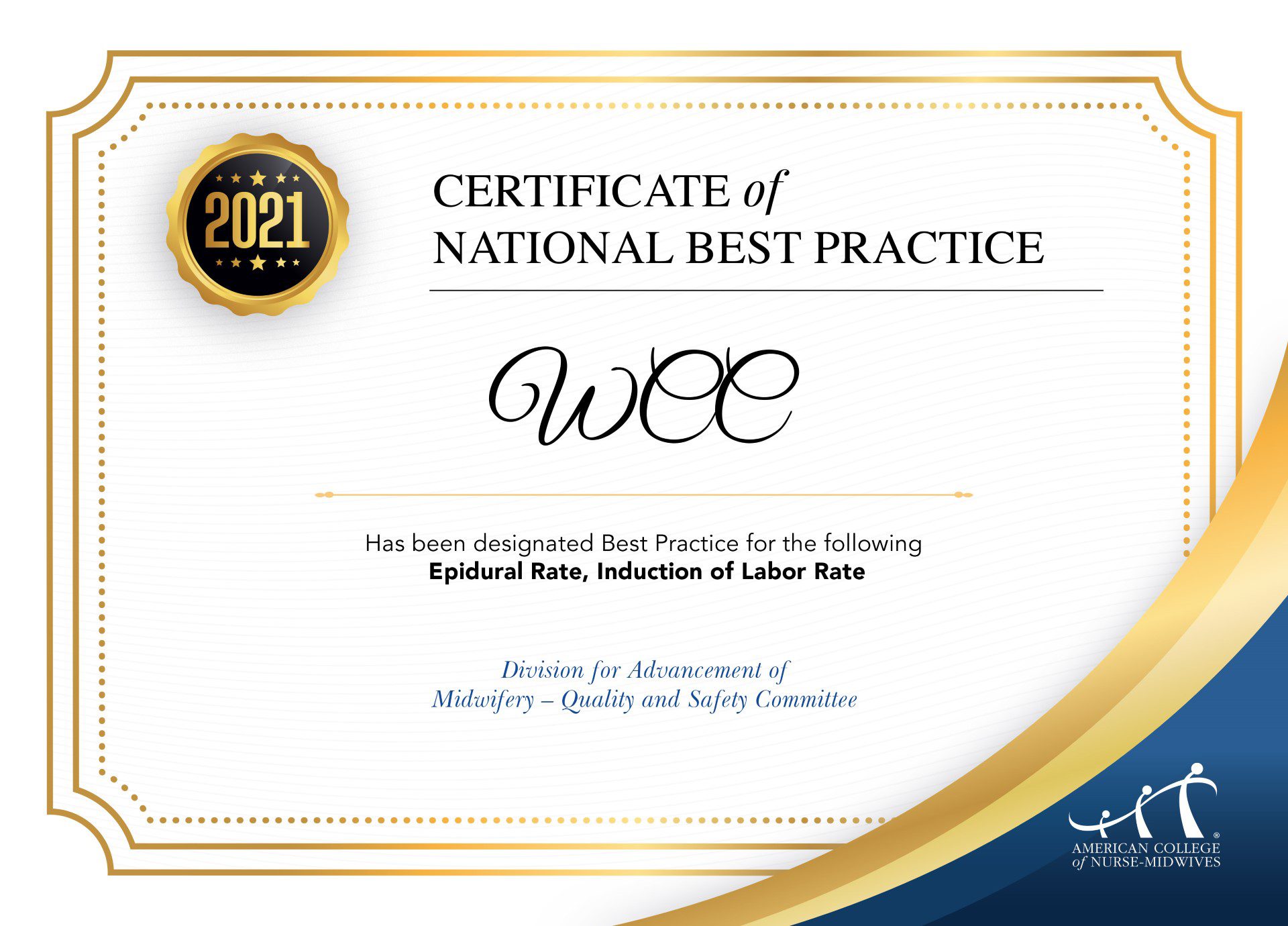Written by Lorena Seitz CNM and Amara Minnis with Amara Doula Services
It is no secret that labor and delivery is one of the hardest things a birthing person will do. But the finer details of the experience are still covered in secrecy. Birth by virtue of being such a nuanced process, remains for the large part a mystery. There are countless fears that pervade the expectant person’s mind. Some of the more common ones are: fear of the pain, fear of being able to push, fear of a change in the birth experience, and even fear of not being a good parent.
Enter the COVID-19 pandemic. Fear and the unknowns have really taken a toll on the birthing person and their families. In the beginning of the pandemic journey, visitors in the hospital were severely limited. In some cases, partners were not permitted, let alone birth support persons such as doulas. Luckily, humans are resilient and ever so creative, bridging the gap of in person support with workarounds like Zoom and Facetime connections to birth support people and loved ones. Other policies like requiring masks and COVID tests continue to affect normalcy in the birthing space, not to mention those hospitals who have continued to limit the presence of in-person doula support to this day. Hospital policies continue to be consistently inconsistent as we weather this pandemic.
The pandemic has also put a hard stop on interpersonal experiences. Humans are social creatures, and we crave love, intimacy, and social activities. COVID has brought a lot of isolation. We are not as active, and we tend to do more laying around and less physical movement. This not only affects people mentally, but also physically. It’s a vicious cycle. With social isolation and increasing teleworking, there are less outdoor or group activities, and more sedentary solitary pursuits.
Lucky, now that some time has passed and we are gaining more of an understanding of how the virus spreads, protective precautions and widely accessible and effective vaccines have brought a glimmer of hope that we will get back to “normal.” There is a light at the end of this COVID-19 tunnel. But the pandemic has not left birthing people unscathed. And we are seeing some concerning trends in birth since the start of the virus.
Labors in the past year have lasted longer, been harder on the laboring person, and ultimately lead to higher rates of interventions. Although more noticeable in first-time mothers, these patterns have also been evident in women birthing their second, third, and beyond. Why is this? Here are some of our speculations.
- Stress has increased with the pandemic. Stress can increase weight gain, and higher levels of weight gain tend to produce larger babies. Larger babies tend to be harder to push out, especially if it’s the first baby, and even more so if the baby is not in an optimal position.
- There are higher levels of inactivity. Activities like “Netflix and chill” set pregnant people up for failure. Long lengths of time in a reclining or back position seem to put babies in more challenging positions like occiput posterior, asynclitic, or even breech.
- Increasing financial hardships lead to a decrease in “extras” such as enrolling in childbirth education, hiring a doula for professional birth support, or modalities like chiropractic care.
- Poor nutrition (from a multitude of factors) can potentially lead to more sick and high risk pregnancies.
- There has been an increase in inductions of labor, both elective and medical.
What can we do to fix this? Now more than ever is the time to get out a move around. Develop an exercise routine and move your body. There are so many benefits if you do, including burning calories, increasing endorphins (your body’s natural pain management system), and aligning babies optimally. Making physical activity a habit from the beginning of pregnancy will set you up for success. The benefits are there regardless of when you start. So better late than never, right? Get up and get moving today, for your mental, emotional, and physical health, and for you baby’s birth.






